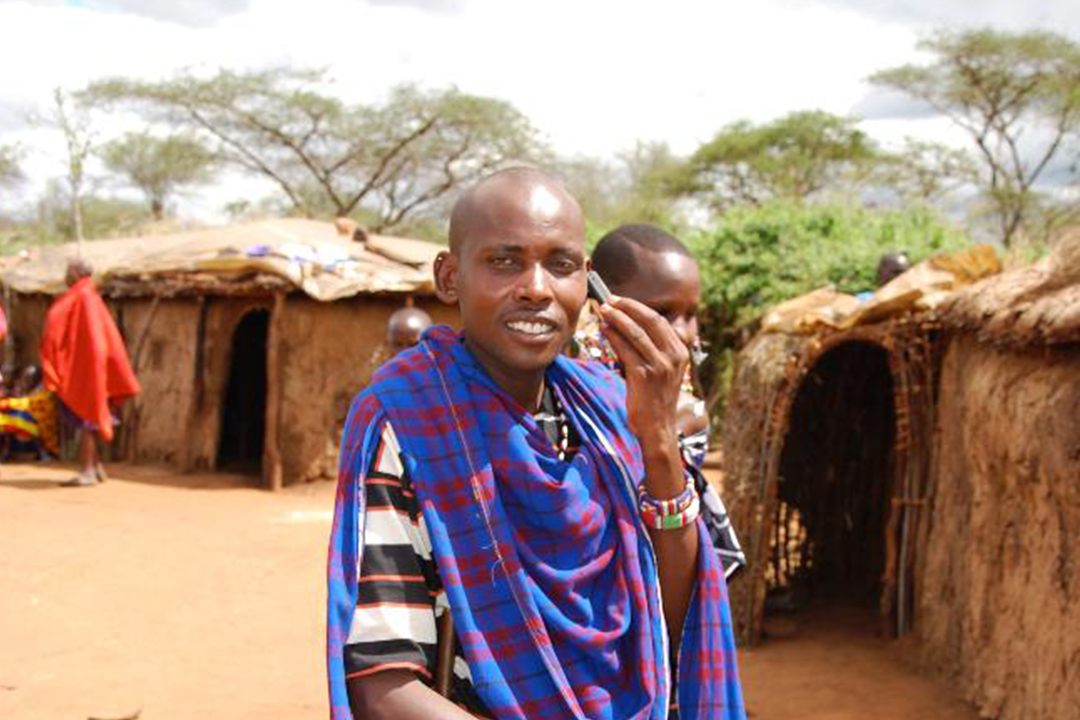This summer, explore the world, enrich your mind, and earn credits through short-term study abroad courses that are open to both GW students and visitors. Journey through Kenya and discover how digital technology is used to address underdevelopment issues; travel to Shanghai to examine misconceptions about China’s economy and policies; or join an expedition into Guadalajara’s LGBT culture and community. Ranging from one week to two months, these programs apply classroom lessons to global experiences.
Digital Technology Addressing Underdevelopment
Nairobi, the Great Rift Valley, Lake Victoria, Tsavo, Mombasa . . . students will visit them all when you join Professor of Media and Public Affairs and International Affairs Steven Livingston for a first-hand look at how digital technology is used to address some of the challenges associated with underdevelopment in Kenya. International communicators and NGOs are using a range of technologies—open-source geographical information systems platforms, Web 2.0, and mobile-based crowdsourcing—to mobilize and coordinate communities around issues such as sanitation, climate change, deforestation, and unsustainable development.
Alternative Latino Lifestyles
Guadalajara and Puerto Vallarta serve as the classroom for this course that examines the diverse and multiple LGBT identities and lifestyles that co-exist within contemporary Mexican urban society. Home to two of the most vibrant and active gay and lesbian cultures in Latin America, these cities provide opportunities for students to engage with the community, visit historical sites, and explore topics such as LGBT identity development, LGBT transnational interface (specifically, the co-mingling of Mexican and American LGBT Communities), as well as a community’s response to the HIV-AIDS pandemic.
“Guadalajara is an incredible city of nearly 8 million people with a vibrant young, active, well-educated community,” said Adjunct Professor of Psychology Steve Forssell, who will co-lead the trip with GW Director for Inclusion Initiatives Timothy Kane. “The best way to grasp what it means to be LGBT in another country or culture is to visit it and see the different attitudes toward and within that community.”
International Economics in China
It’s no secret that China’s economic policies are impacting both our politics and our pocketbook. Professor of Economics and International Affairs Steven Suranovic hopes to address common misconceptions about China’s economy and policies in his course China: Survey of International Economics. Students will untangle the country’s intricate financial web while visiting Shanghai, an economic epicenter of constant action, and meeting with officials from the nation’s top companies.
“There is no economy on earth that is capturing more attention on the international economic scene than China,” said Suranovic, who plans to encourage students to keep a journal of their experiences and the profound differences and similarities between Eastern and Western culture. “These trips, navigating through the streets and the public transportation systems, raise awareness of both our differences and our similarities with the Chinese.


